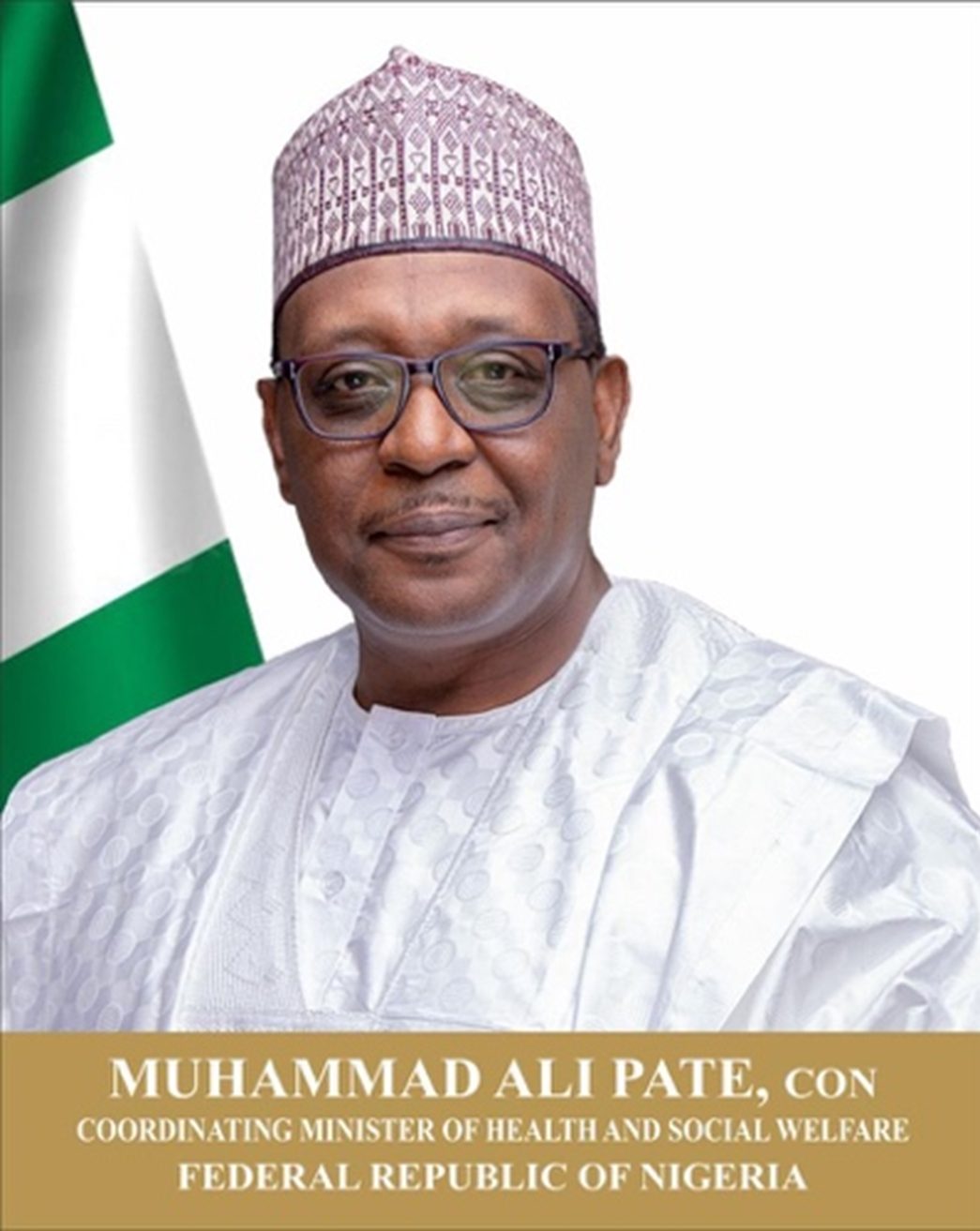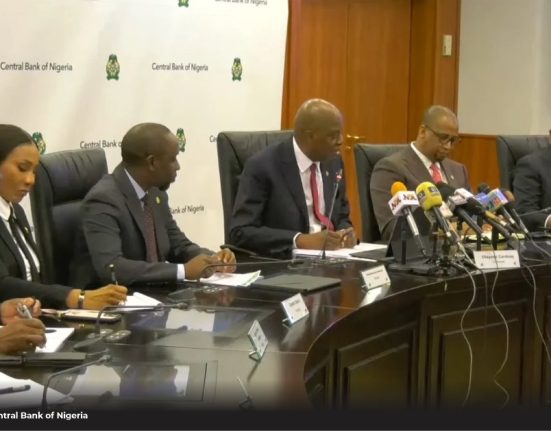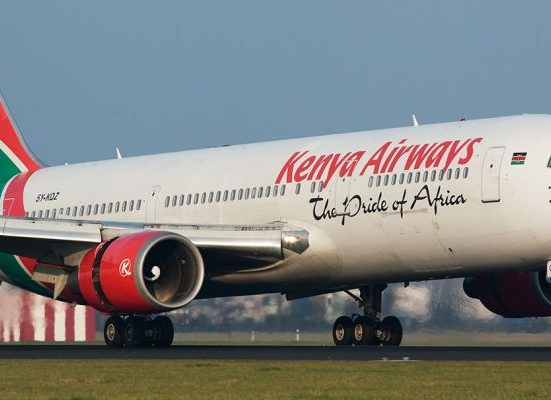The Coordinating Minister of Health and Social Welfare, Prof. Muhammad Pate, has attributed Nigeria’s high tuberculosis (TB) burden to factors such as undernutrition, HIV, diabetes, smoking, and alcohol use, with individuals aged 15-44 years being the most affected.
Prof. Pate made this known on Tuesday during a ministerial press briefing in Abuja to mark 2025 World TB Day, themed: “Yes! We Can End TB: Commit, Invest, Deliver”, with the slogan “We fit do am.”
Represented by the Director of Port Health Services, Dr. Nse Akpan, the minister stated that Nigeria remains one of ten countries globally battling the triple burden of TB, drug-resistant TB, and HIV-associated TB.
According to him, 71,000 Nigerians died from TB in 2023, yet public awareness remains low, with the 2017 Knowledge, Attitude, and Practice Survey revealing that only one in four Nigerians has accurate knowledge of the disease.
Government Expands TB Control Efforts
Prof. Pate emphasised that eradicating TB remains a top priority, noting that the Federal Ministry of Health, in collaboration with development partners, has rolled out several interventions to curb the disease.
These include expanding rapid molecular testing platforms and strengthening TB treatment centres nationwide. He highlighted Nigeria’s National Strategic Plan for TB (2021-2026), which prioritises active case finding among key populations and hospital attendees.
“Our routine TB screening in tertiary and secondary health facilities, as well as over 500 high-burden primary healthcare centres, now contributes about 10 per cent of TB notifications in 2024,” he said.
The minister also revealed that the government has deployed 400 mobile digital X-ray units equipped with artificial intelligence (AI) to enhance TB detection. These AI-powered screening tools, operated by trained radiographers, have significantly improved case detection, including asymptomatic TB infections.
Funding and Community Engagement in TB Control
To strengthen TB control efforts, Prof. Pate disclosed that the government successfully raised a $50 million bond, with half of the funds coming from private sector contributions. He stressed that community engagement remains central to the fight against TB, particularly in reducing stigma and encouraging early detection.
Despite these efforts, the financial burden on TB patients remains a major challenge, with 71 per cent of patients incurring catastrophic healthcare costs.
To address this, the National Leprosy and Tuberculosis Control Programme, in partnership with stakeholders, launched the Nigeria One Impact Free Skill Acquisition Programme in Lagos State. The initiative equips TB survivors and vulnerable individuals with essential vocational skills, providing startup resources to enhance their financial independence and recovery.
Socioeconomic Challenges Fueling TB Spread
Speaking on the socioeconomic factors driving TB, Ms. Uzoma Nwofor, Senior Communications Manager at the Institute of Human Virology Nigeria (IHVN), noted that poverty, malnutrition, overcrowding, and poor healthcare access are key contributors to the TB epidemic.
She cited the 2022 National Bureau of Statistics (NBS) Multidimensional Poverty Index, which reports that 63 per cent of Nigerians (133 million people) live in poverty, with inadequate housing, lack of clean water, and malnutrition worsening the TB crisis.
“Over 45 per cent of children under five suffer from malnutrition, making them highly vulnerable to TB infection and progression to active disease. Urban slums and congested housing, particularly in major cities, also facilitate TB transmission due to poor ventilation and close human contact,” she explained.
Limited healthcare access further compounds the problem, as out-of-pocket healthcare costs remain high, discouraging many from seeking timely TB diagnosis and treatment—even though TB treatment is free.
WHO Calls for Increased Domestic Investment in TB Control
Also speaking at the event, Dr. Walter Mulombo, Country Representative of the World Health Organisation (WHO), emphasised the urgent need for sustainable domestic funding to sustain Nigeria’s TB response.
Represented by Mya Ngon, WHO Team Lead for Communicable and Non-Communicable Diseases, he warned that the suspension of USAID funding poses a serious threat to ongoing TB interventions.
“As a global health organisation, WHO remains committed to mobilising resources, strengthening health systems, and working with stakeholders to end the TB epidemic in Nigeria by 2035,” he said.
Health experts agree that while Nigeria has made notable progress in TB control, sustained investment, community participation, and policy implementation will be crucial in achieving the 2035 target of eliminating tuberculosis as a public health threat.







